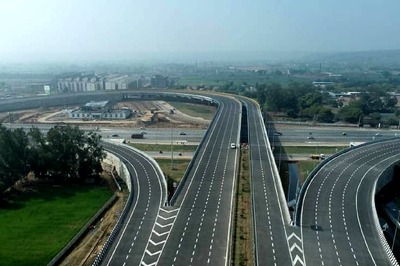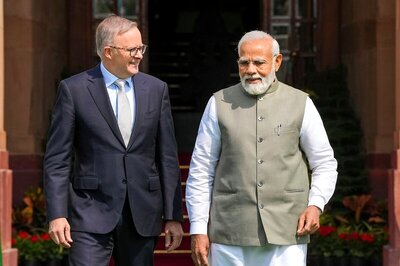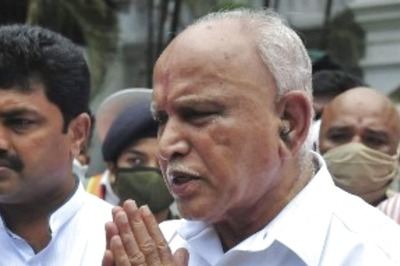
views
Dubai: With the European economic crisis still rattling Formula One, it was not surprising that the cash-strapped smaller teams were in trouble at the start of the season.
But when Swiss-based Sauber appeared on the brink of bankruptcy, the sport took notice. The team was eventually bailed out by investors closely linked to the Russian government and included an unusual expectation that an 18-year-old Russian driver might be on the grid for the team next year.
The financial woes Sauber described as "uncomfortable and embarrassing" highlights a long-standing concern that a majority of the 11 teams on the grid are weighed down with debt. Costs are skyrocketing and will continue to be a concern with new engines introduced in 2014.
"We are facing certain challenges, especially economic ones, that exist in our world," Sauber principal Monisha Kaltenborn said. All teams "are feeling them to a certain extent. The mid-field feel it more than the bigger ones."
Until now, F1 has generally followed the trend that the teams with deeper pockets inevitably end up with the faster cars and the better drivers. Teams like Ferrari spend up to $250 million a year, according to Formula 1 business consultant Dieter Rencken, or four times as much as the smaller teams like Caterham. In return, they reap a higher proportion of the $1.2 billion in F1 revenue.
And so the gap between the big and small teams has only widened. The most recent bid to slash costs in F1 came in 2009, after the global financial crisis prompted Honda, Toyota and Super Aguri to withdraw from the sport. Voluntary controls were approved, but those modest measures almost destroyed the sport. Ferrari went to court to stop them and led a threat to form a breakaway series. That never happened but Ferrari, Red Bull, Toro Rosso and Sauber pulled out of the Formula One Teams Association.
The debate over money began again in earnest in 2013 after some teams made sacrifices in the hunt for additional sponsorship. Caterham and Marussia - the weakest teams on the grid - dropped experienced drivers in favour of others who brought financial backing.
"It's definitely not great for the sport. There should be the best" drivers racing, said Timo Glock, who was cut by Marussia. "These days you need a lot of money or a contact to some of the engine suppliers which can help the team out."
Both teams defended their staffing decisions and insisted the real problem was that F1 had no real plan to ensure it remains sustainable. Marussia's Graeme Lowdon even suggested a salary cap-style system to help combat the economic issues.
"People tune in to watch wheel-to-wheel racing, the best drivers in the world, the best minds at work on the cars," Lowdon said. "The only way you can maximise that is by having a well-designed cost control mechanism."
Currently, the share of the F1 revenue that smaller teams receive under bilateral agreements with F1 boss Bernie Ecclestone is no more than $15 million a year - in contrast to the more than $100 million that Ferrari gets. Marussia is in even worse shape, being the only one of 11 teams without a deal with Ecclestone.
Caterham principal Cyril Abiteboul wants costs cut and a more level playing field, but has reservations about a budget cap. "Is a budget cap the right answer to cost reductions? I'm not entirely sure this is," he said. "It's creating a lot of issues. How do you enforce it?"
McLaren boss Martin Whitmarsh, who heads FOTA, has urged teams for years to embrace cost controls. He admits the voluntary controls haven't had the impact he would like and suggests the answer is handing authority over to the FIA, which governs the sport. That is vehemently opposed by the big teams.
For his part, Ecclestone says the complaints are nothing new in Formula One. "There are always people who have lots of money and people who haven't," he said. "The world is like that. There are always people who are successful and people not quite as successful."




















Comments
0 comment